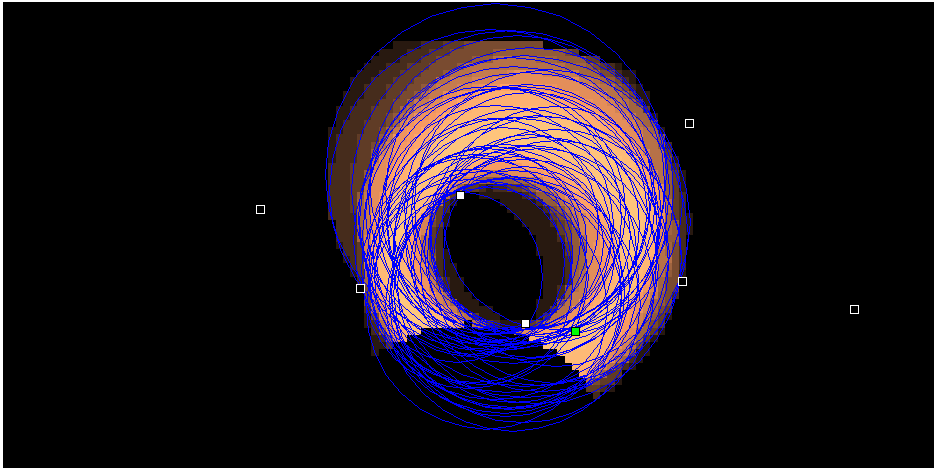Last year I was on a training for a operating computations on grid at Cornell. Our instructor from Texas threw a Joke: "Do you know the bus resistance of your code?"
Everyone was surprised to hear the question. The Joke is interesting because it indicates one thing and tells you something else. While some people were thinking of how the string of 1's and 0's that travel through the computer data bus might come across such bus resistance, he explained in a funny way.
Here we go:
Imagine one fine friday evening you are grabbing a beer and walking down the road, and you are hit by a bus. What happens to your code? The next day the project manager decides to give your code to your colleague to continue the project. If your code is not properly commented, he will be completely lost in there.
So, the bus resistance is given by the amount of comments in a code and the readability of your code by someone else.
Let us wish that this happens to no one. However, for the continuity of the project in your lab, your code must have very high bus resistance value.
The moral is: comment your code as much as you can.
Cheers!
Are your codes bus resistant?


